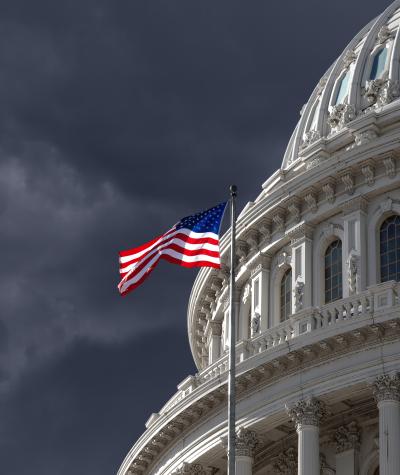Campaign Legal Center (CLC) has filed a complaint with the Senate Ethics Committee alleging that six candidates running for U.S. Senate have not filed the required personal financial disclosure reports.
These disclosures provide voters with crucial information about their prospective elected representatives’ personal financial interests and potential conflicts of interest. Voters have a right to know this information before they step into the ballot box so that they can make informed decisions.
CLC asked the Ethics Committee to investigate missing personal financial disclosures for 41 candidates in February 2024.
Nearly six months later, six of these candidates are still running for the Senate: three won their primaries or otherwise qualified for the general election, two will face primaries in September, and one has declared his candidacy for election in 2026.
While these Senate hopefuls should have already known of the personal financial disclosure reporting requirement, they were given a further reminder by CLC’s initial letter to the Ethics Committee. Yet, these candidates continue to defy the law and deprive voters of critical information they have a right to know.
This failure of Senate candidates to comply with disclosure requirements is yet another reminder of the pressing need for an independent ethics body for the Senate that can investigate cases of alleged misconduct and make referrals if a violation is believed to have been committed.
This body could function similarly to the Office of Congressional Ethics (OCE), which has jurisdiction over the House of Representatives. Absent of that, the Senate Ethics Committee must actively enforce ethics rules.
Public trust in government is dependent on candidates and elected officials following ethics rules and regulations. If they do not comply, they must be held accountable.
That is the only way to build voter confidence that candidates and elected officials will prioritize their constituents, and not their own personal financial interests or those of special interests.

